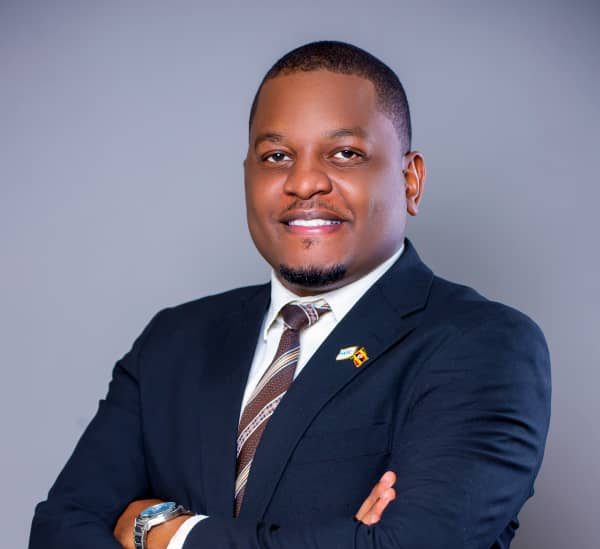Summary:
- The recent sanctions against Uganda’s third-highest official highlight institutional paralysis in the face of corruption. Key bodies like the Inspectorate of Government and the President’s anti-corruption desk are silent, raising questions about their effectiveness. The police and Parliament also appear inactive, indicating systemic weaknesses.
KAMPALA, (Examiner) – The recent sanctions against Anita Among, Uganda’s third-highest ranked public official, have thrown a harsh spotlight on the deficiencies within our justice system. While the USA takes decisive action, our own institutions seem paralyzed, raising troubling questions about their effectiveness and resolve.
Firstly, where is the Inspectorate of Government (IGG) in all this? As the key body mandated to fight corruption, its silence is deafening. We haven’t seen any statement or action from the IGG’s office. Are they overwhelmed, compromised, or simply toothless? The role of the IGG is crucial, yet in this case, they appear conspicuously absent.
Secondly, what has become of the anti-corruption desk in the Office of the President? This office is supposed to be at the forefront of the fight against graft. However, we only hear from the President, even when there is overwhelming evidence against high-ranking officials. Why is this office not more vocal and proactive? Is the President the sole warrior in this battle against corruption?
Let Us Build Your Online Success!
We are the experts in creating visually stunning and functional websites. With reliable hosting and exceptional customer support, we bring your vision to life. Join hundreds of happy clients who trust us!
Get Started Now📞 Call/WhatsApp: +256 207 800 192
The police, particularly the Criminal Investigations Directorate (CID), also seem to be missing in action. With such clear allegations, why hasn’t the CID stepped in to investigate? Their inaction raises questions about their commitment to justice and their independence. Are they waiting for directives from higher up, or is there a lack of will to confront powerful figures?
The silence from the Office of the Speaker of Parliament is equally troubling. We need to hear the stance of this institution, not just the implicated individual. What steps are being taken to address these allegations within the parliamentary framework? The lack of response suggests a troubling indifference or fear of rocking the boat.
The pressing question now is: What happens next? Are we to sit idly by as these allegations swirl without any meaningful action from our institutions? Why is there such a pervasive silence, as if everyone is turning a blind eye to the rot within?
We are being distracted by the current motion to impeach commissioners of parliament, yet no similar process is being proposed for the Speaker of Parliament. Why the double standards? Who has the power to hold the Speaker accountable? Clearly, the President cannot impeach the Speaker, but Parliament can impeach the President. This imbalance of power creates a complex dynamic that appears to paralyze action against high-ranking officials.
It seems we are caught in a web of power dynamics and institutional weaknesses that prevent us from addressing corruption effectively. The pervasive silence from key institutions is alarming. Are they all compromised, or is there a more sinister reason for their inaction?
We must demand answers. The IGG, the anti-corruption desk, the CID, and the Speaker’s office owe the public clear explanations and decisive actions. The integrity of our justice system and the future of our democracy depend on it.
In conclusion, the current state of affairs reflects a justice system that barks but does not bite. Our watchdogs appear toothless in the face of overwhelming evidence of corruption. We must question why this is so and who benefits from this paralysis. It is time for our institutions to step up, show their teeth, and hold power accountable. The silence and inaction cannot continue if we are to build a just and equitable Uganda.
Hussein Kato Muyinda is an Environmental Human Rights Defender, Climate Justice Litigation Specialist

